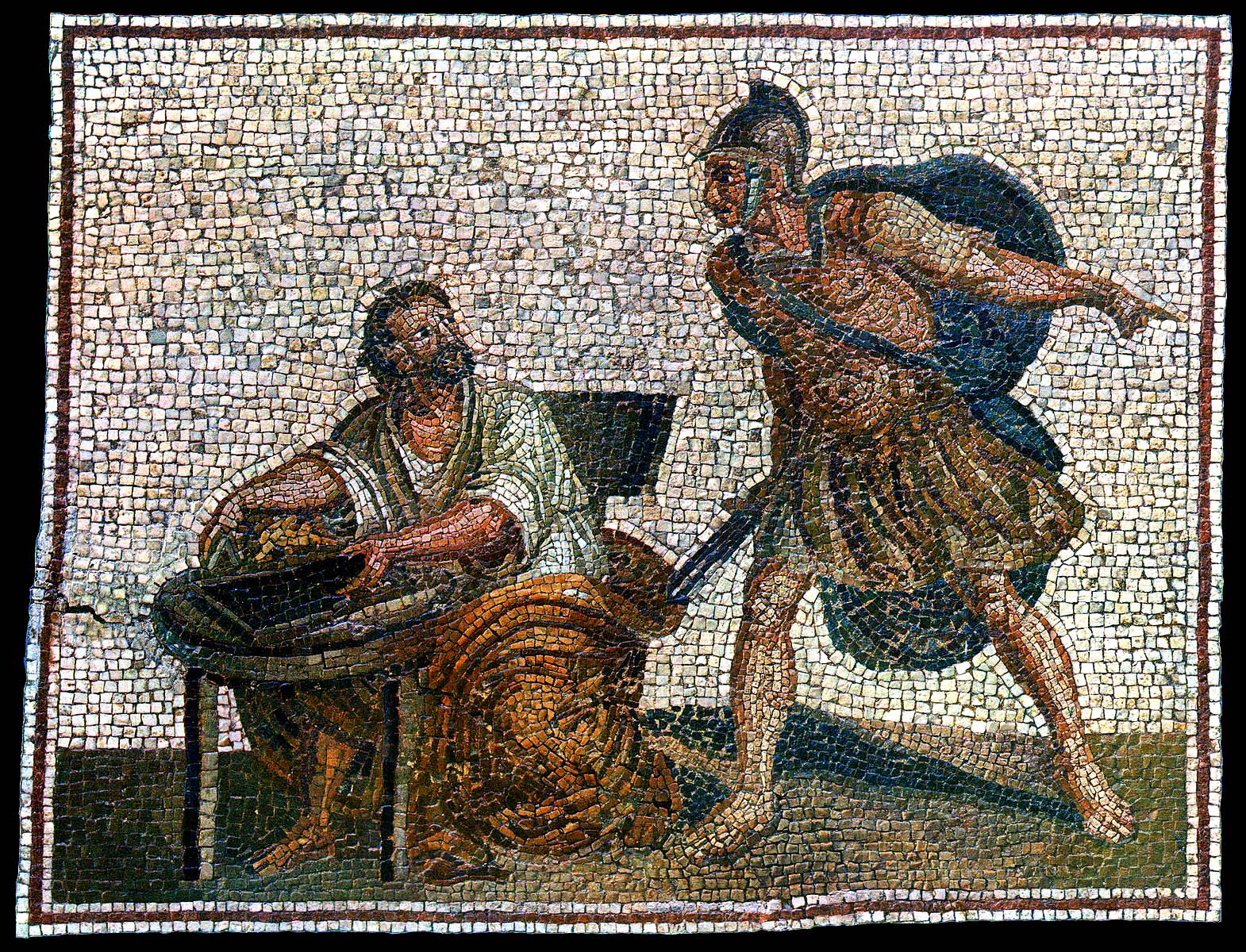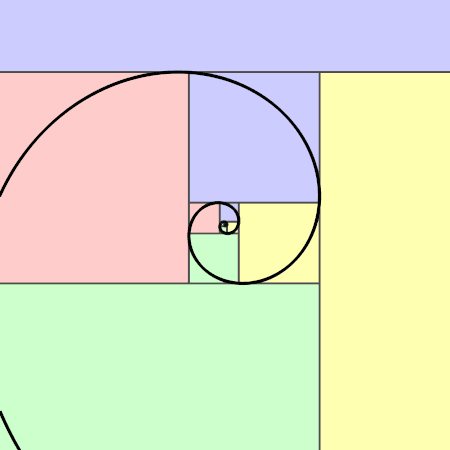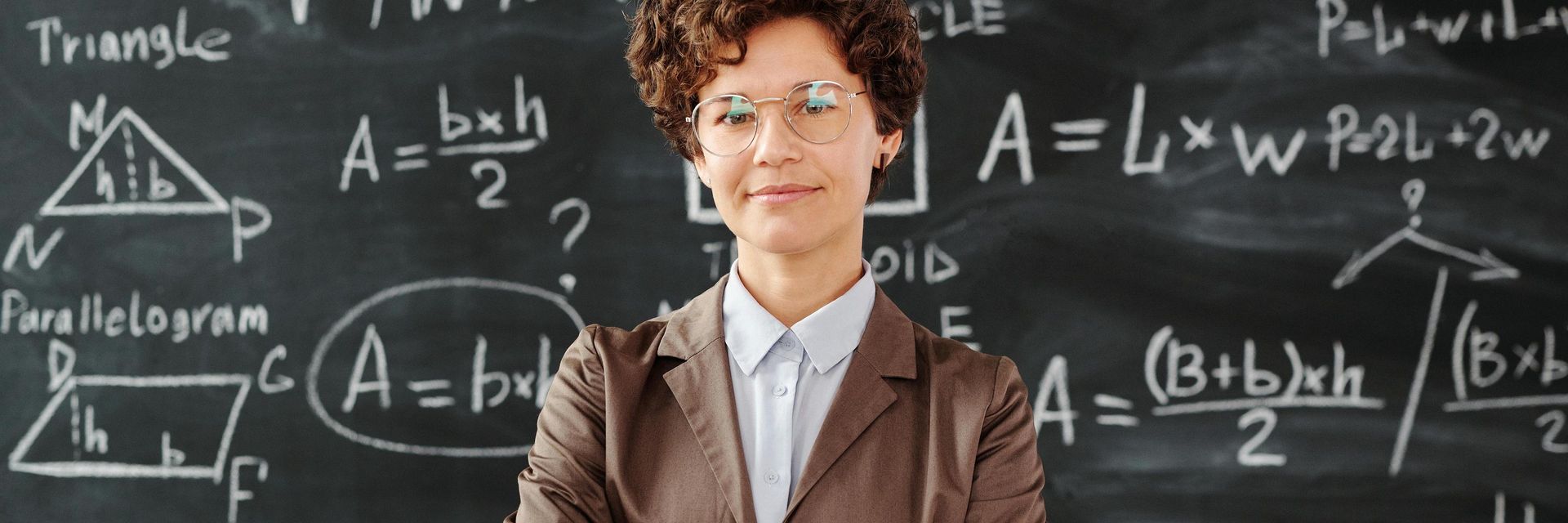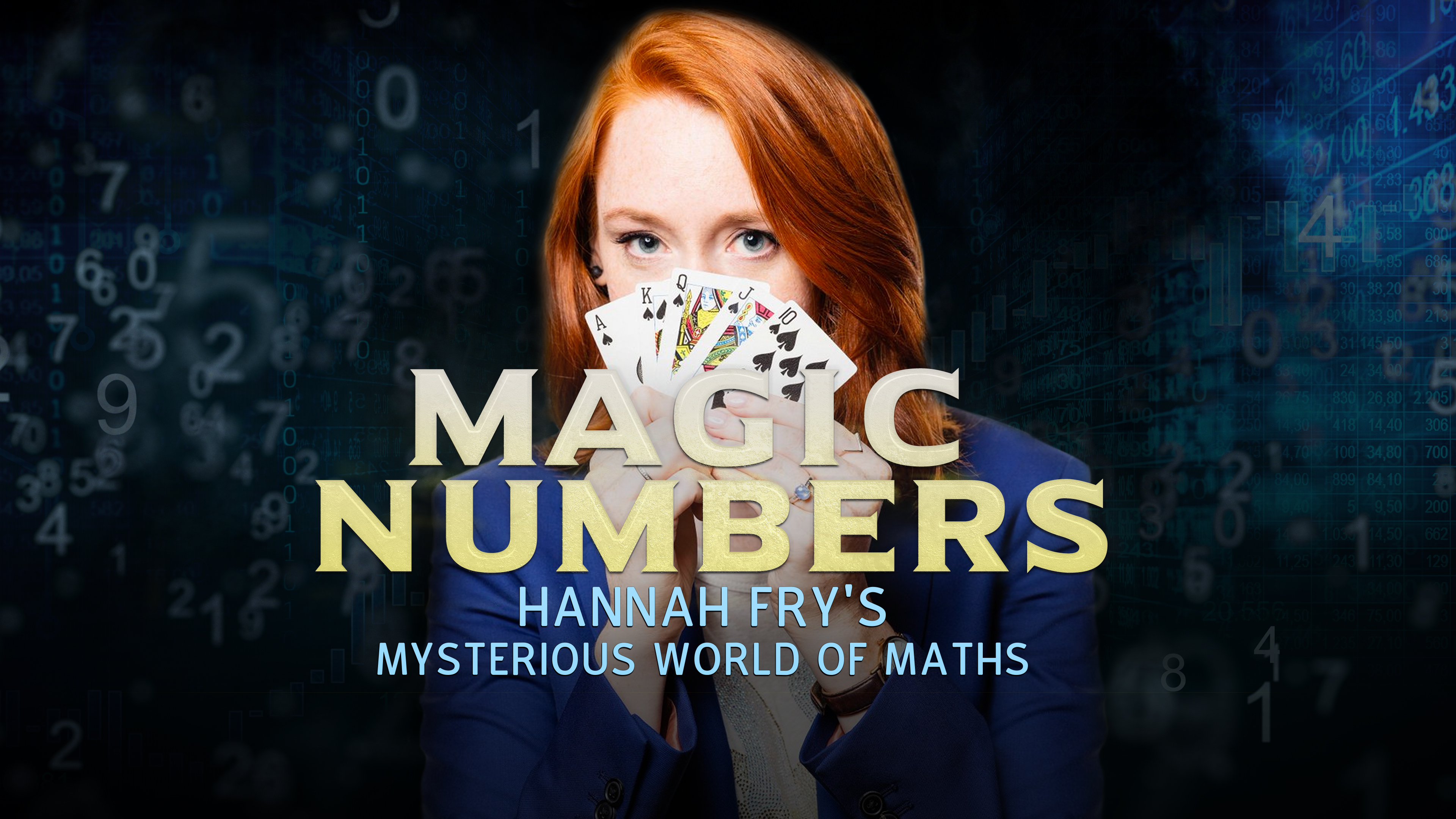Mathematics has been available to people for millennia. The reality it reveals is timeless.
◊
The story of mathematics is a vast, intricate saga spanning centuries and continents. It isn’t the brainchild of an individual inventor or a particular ancient civilization. Rather, it is the cumulative product of myriad cultures, scholars, and epochs, each contributing layers to the complex tapestry of the discipline.
Hannah Fry takes a deeper look at the history of mathematics on MagellanTV!
The genesis of mathematics is rooted in the mundane needs of people thousands of years ago to keep track of their stuff. Sumerians, Egyptians, and Babylonians harnessed basic mathematical concepts for practical purposes such as trade, land measurement, and the tracking of time and seasons.
For example, the Sumerians, who inhabited the region of southern Mesopotamia (now in modern Iraq) as early as 4,000 BCE, developed one of the first numbering systems and used it for tax collection and trade. Similarly, the ancient Egyptians used their knowledge of geometry to develop surveying techniques, which were crucial for restoring farmland boundaries after the annual flooding of the Nile.
The Ancient Greeks Expand the Bounds of Math Theory
As civilizations evolved, so did their mathematical needs and insights, leading to more abstract and comprehensive approaches. Greek mathematicians such as Pythagoras, Euclid, and Archimedes contributed significantly to this evolution. Pythagoras is renowned for his eponymous theorem, a fundamental principle in geometry. Euclid, who became known as the “father of geometry,” expanded on the work of Pythagoras in his classic Elements. And, later, Archimedes exemplified deepening mathematical understanding and its application to physical phenomena and might have contributed more had he not been killed, against orders, by a Roman soldier in Syracuse, Sicily.

Archimedes before his death, mosaic, c. 18th century CE (Source: Wikimedia Commons)
Mathematics Advances from the Islamic World to Renaissance Europe
During the Middle Ages, Muslim scholars translated and preserved Greek texts, developing new concepts and approaches. In Persia, Muhammad ibn Musa Al-Khwarizmi made seminal contributions to math, astronomy, and geography. His monumental work, Al-Kitab al-Mukhtasar fi Hisab al-Jabr wal-Muqabala (The Compendious Book on Calculation by Completion and Balancing), even contains the etymon of “algebra” embedded within it, i.e., “al-Jabr.” His works, alongside those of other Islamic scholars, were later translated into Latin, making them intelligible to European Renaissance thinkers.
The Renaissance period marked a significant phase in the evolution of mathematics with the emergence of figures such as Leonardo Fibonacci, who advocated using the Hindu-Arabic numeral system in Europe. He also introduced his famous Fibonacci Sequence and the Golden Spiral.

The shape of a golden spiral repeats infinitely when magnified. (Source: Wikipedia)
The era also set the stage for the Scientific Revolution, during which mathematics became increasingly important in explaining the natural world. Sir Isaac Newton and Gottfried Wilhelm Leibniz were independently credited with developing calculus, providing a powerful tool for physics and engineering.
Math in the Modern World
The journey of mathematics continued through the early modern era with the contributions of mathematicians such as Carl Friedrich Gauss, who made significant advances in fields ranging from number theory to astronomy, and Bernhard Riemann, whose work on geometry laid the groundwork for Einstein’s theory of general relativity.
In the 20th century, the development of computers and computational mathematics opened new horizons, transforming the way mathematical research is conducted and applied. The exploration of mathematics has ventured into new domains such as topology, chaos theory, and cryptography, showcasing its perpetual evolution and adaptability.
The history of mathematics is a testament to human curiosity, ingenuity, and the universal desire to understand the world. From ancient civilizations to mass society in the modern age, the journey of mathematics has involved continual discovery, innovation, and expansion, reflecting societies’ gradual embrace of objective reality. Two plus two always equals four.
Ω
Title Image Credit: Max Fischer, via Pexels


